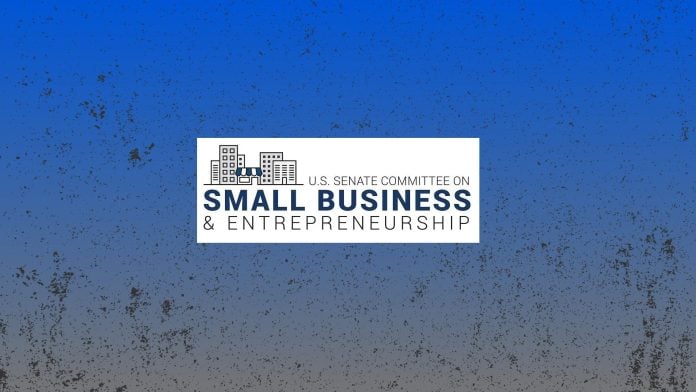In a significant development for small business innovation, a bipartisan effort to extend the Small Business Innovation Research (SBIR) and Small Business Technology Transfer (STTR) programs hit a stumbling block in the Senate. Led by Ranking Member Edward J. Markey (D-Mass.), this initiative aimed to secure a one-year extension for these crucial programs, which are pivotal to the success of small businesses in the United States. The unanimous approval in the House of Representatives stands in stark contrast to the Senate’s rejection, which could have far-reaching implications for small business owners across the country.
Markey expressed strong disappointment in the Senate’s decision, emphasizing the potential negative outcomes of allowing these programs to expire. “A lapse in the SBIR/STTR programs will be devastating— it will lead to expansive layoffs, setbacks to scientific advancement, leave government-funded technology vulnerable to foreign adversaries, and cut billions for small business investors,” he stated. The programs not only bolster small business innovation but are also significant drivers of job creation and technological advancement.
Small business owners should recognize the critical role these programs play in fostering innovation. The SBIR and STTR initiatives allocate funds to promote research and development within small businesses, thereby fueling advancements in technology and scientific discovery. For many small firms, these grants represent a vital source of funding that can help them scale and compete in an increasingly global marketplace.
What makes this situation particularly noteworthy is the bipartisan sponsorship behind the extension of these programs. Not only do they attract political support, but they are also widely recognized as a linchpin for American innovation. Markey’s remarks framed the rejection as a harmful decision that undermines America’s competitive edge. According to him, “Kicking successful companies out of these programs would be like cutting your highest scorers after winning an NBA title. Instead of innovation, we would get decimation.”
The implications for small businesses are significant. Losing access to these funds can restrict a firm’s ability to carry out research and drive innovation, leaving them at a disadvantage compared to larger entities that might not rely on such funding. It could also mean fewer jobs as small businesses may need to downsize or halt their growth plans amid financial constraints.
Furthermore, the potential end of these programs raises questions about the preservation of American technological leadership. The SBIR and STTR programs have historically played a crucial role in transferring knowledge and innovation from research institutions to the marketplace. If funding dries up, small businesses may find themselves unable to bridge these gaps, leading to a stagnation in technological progress and innovation.
Markey has made it clear that he believes improvements can be made to these programs, and he has called for a more thoughtful, evidence-driven approach to ensure they remain effective. “We all want to see improvements made, but we need the time necessary to ensure that we are making informed, evidence-based decisions that do not harm American innovation,” he remarked.
As small business owners reflect on this situation, they might want to consider several factors. While the loss of SBIR and STTR funding could be detrimental, it also presents an opportunity to advocate for legislative measures that support innovation. Engaging with local representatives to express the importance of these programs can help bolster their defense.
Markey’s ongoing advocacy highlights the need for continuous engagement with lawmakers regarding the challenges small businesses face and the critical funding avenues they depend on. The plight of the SBIR and STTR programs serves as a reminder of the delicate balance between political decisions and their impact on innovation and economic growth.
For more detailed information on this pressing issue, you can visit the original press release here.
Image Via BizSugar



